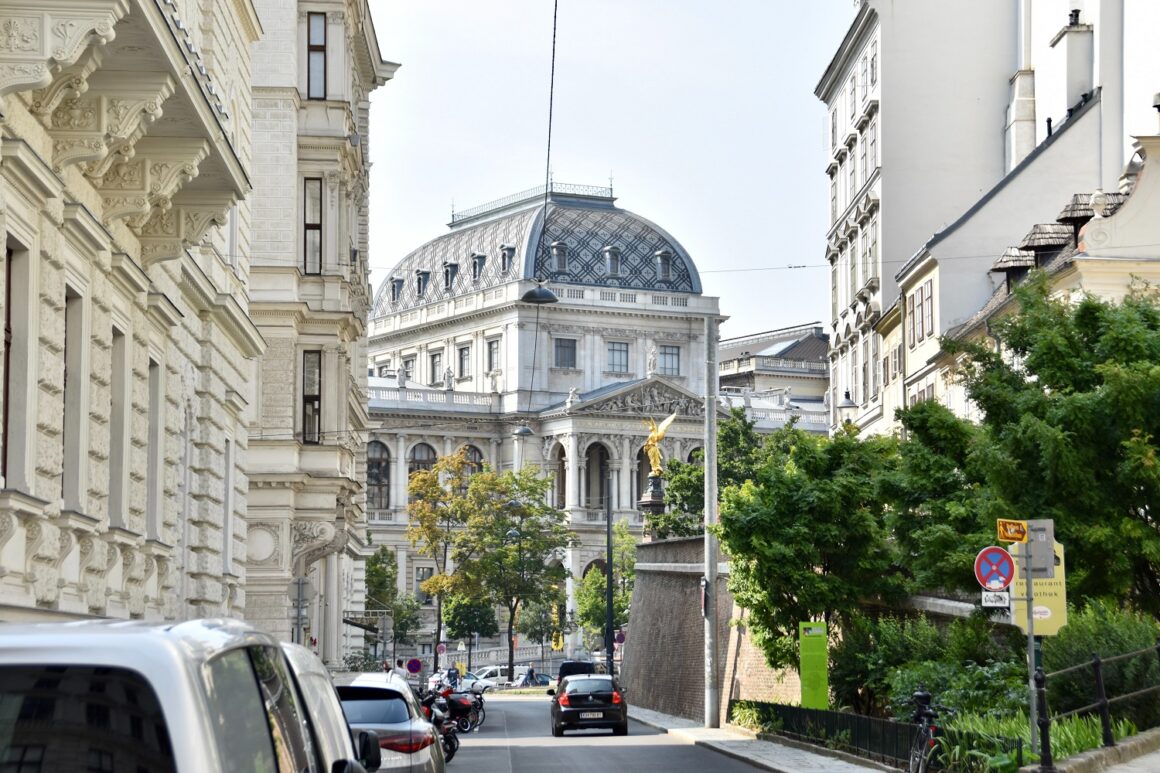Springtime in Vienna – blooming lilac and charming palaces as part of the world cultural heritage site
The flowers and trees along the Ringstraße start blooming when the days become longer and the temperature is increasing. After the strict restrictions due to the Corona pandemic it is slowly possible to join walking tours in Vienna. Easter in Vienna is also a time for markets and processions.
Ostern in Wien ist auch ein Fest der Märkte und der Prozessionen. Im 17. Jahrhundert begann die Wallfahrt vom Stephansdom nach Hernals zum Kalvarienberg, ein wichtiges Ereignis der katholischen Kirche im Kirchenjahr. Entlang der Ringstraße arbeiten nun schon die Gärtner fleißig an den künftigen Blumenbeeten und machen aus den öffentlichen Grünflächen große Paradiesgärten voller Farbe.
Ein Besuch der Parkanlagen entlang der Ringstraße zeigt das Weltkulturerbe von seiner buntesten Seite. Außerhalb des Stadtzentrums blühen die ersten Bäume im Prater und in den Vorstädten. Schon im 18. Jahrhundert haben sich die adeligen und großbürgerlichen Familien hier ihre Sommerresidenzen errichtet. Vor 130 Jahren entstand nach englischem Vorbild die „Cottage-Bewegung“, nach der man sich standesgemäß im Grünen ein herrschaftliches Palais mit Garten errichten ließ. Die noble Gesellschaft Wiens traf sich in diesen Vierteln zum Gedankenaustausch und um verwandtschaftliche Bande zu knüpfen. Im Winter lebte man in Stadtpalais entlang der Ringstraße, im Frühling zog man dann in die Sommerpalais in die Vororte Wiens.
Bei meinen Grätzelführungen werden wir bei den Villenführungen zahlreiche prominente Schriftsteller, Schauspieler, Architekten, Komponisten, Unternehmensgründer, Adelige uvm. kennenlernen.
Seien Sie mit dabei, ich freue mich auf Sie!
In the 17th century the Roman Catholic church established a pilgrimage from St. Stephen’s Cathedral to the Calvary Mount in Hernals. The Calvary church there was built between 1709 and 1714, funded mostly by private donations. The mount is U-shaped with an entrance and an exit area and a crucifix group in its center. For a city with close to two million inhabitants, Vienna is a green city, 53% of the municipal area is made up by green space.
The many parks on the Ringstraße invite the visitors to discover the blooming trees and spring time flowers recently planted by the gardeners of the city of Vienna. In the Cottage quarters of Währing and Döbling in springtime you can visit an exquisite and favored residential area, whose layout at one time oriented itself toward the English archetype of residential living. In the dialect of Vienna, “koteesch” corresponds to the English word, cottage, little house, or small, elegant country house in rustic style. The origin of Vienna’s Cottage district, currently consisting of about 8,000 residents, is inextricably linked with the name of the famous architect who designed the Ringstraße, Heinrich von Ferstel. In the private gardens of the residences you can find chestnut trees, lilac and tulips. Palaces of the Viennese nobility and the high bourgeois families show the splendor of 19th century Vienna.
During my walking tours you will become acquainted with famous authors, composers, architects, actors, opera singers, self-made men and other families, who wanted to live close to each other arranging family parties and their next weddings.
I am looking forward to also offering you a private tour on these subjects.

